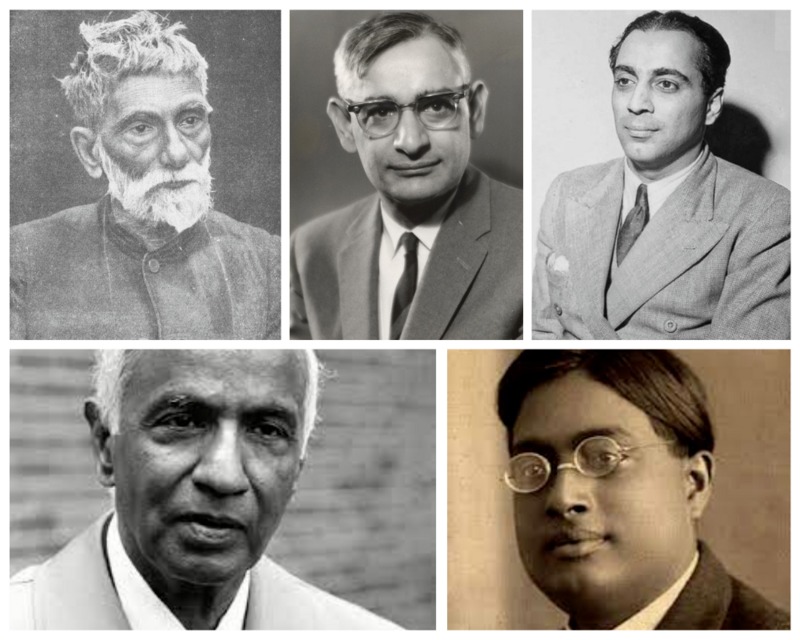 – Nabamita Bhattacharjee, Master Teacher, Vedantu
– Nabamita Bhattacharjee, Master Teacher, Vedantu
India has always been closely associated with science. Many famous Indian scientists have provided the world with dynamic scientific inventions, based on unique ideas of bright minds. From discovering the scattering of light to developing satellites, the contribution of science has led to many advancements in our nation. To celebrate the same, let us highlight some inventions curated by bright minds that have left a mark on the world.
Here are five Indian scientists who made landmark discoveries:

Homi J Bhabha
Bhabha was the first chairperson of the Chairman of the Atomic Energy Commission of India and is commonly known as the father of Indian nuclear power. Bhabha led nuclear research in the country and created the first atomic energy research centre, now known as Bhabha Atomic Research Centre, to study and understand how an atomic reactor can be built to aid the development of the country.
Prafulla Chandra Ray
Known as the father of chemical science in India, Prafulla formed the first pharmaceutical company of India – The Bengal Chemicals & Pharmaceuticals. One of his most famous discoveries was that of Mercury nitrate, a yellow-like solid compound that is slightly soluble and reactive.
Subhramanyan Chandrashekhar
Subhramanyan was an astrophysicist who was awarded the Noble Prize in 1983 for his contribution to the study of physical processes necessary for the structure and evolution of stars. His research proved that massive stars could collapse under gravity and reach infinite destinies. These collapsed stars are better known as black holes or neutron stars today. Some of his other works concerned the radiation of energy from white dwarf stars, which are the dying fragments of stars.
Satyendra Nath Bose
A physicist that specialized in quantum mechanics, Bose’s most commemorative work was the unearthing of class particles ‘Bosons’, which was named after him. A fundamental form of one of the two classes of the subatomic particle, bosons are typically used for controlling physical force as electromagnetism and even gravity.
Har Gobind Khorana
Khorana was instrumental in researching the order of nucleotides in nucleic acids that carry the genetic code and control the synthesis of proteins in the cell. He shared the 1968 Nobel Prize for Medicine with Marshall W. Nirenberg and Robert W. Holley for this breakthrough. He was also the first to synthesize an artificial gene in a living cell. Khurana’s work is now the foundation for research and development in the fields of biotechnology and gene therapy.
Science is an important part of our daily lives and is a ripe channel of knowledge. Present from the skin cells on our body to the big machines around us, science has been at the center of innovation, generating answers to the greatest mysteries in life.























